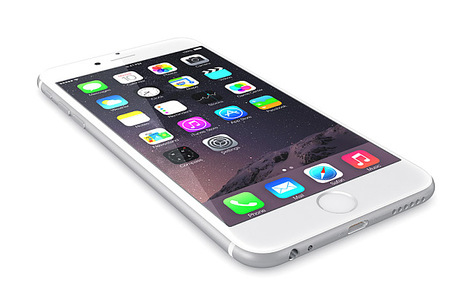FBI unlocks iPhone without Apple's help

Apple’s high-profile legal battle with the US Department of Justice over whether it can be forced to unlock an iPhone used by one of the San Bernadino shooters appears to be over — but not for the reasons Apple might hope.
The US FBI revealed early this week that it had uncovered a way to circumvent the password entry requirement on the iPhone in question and therefore no longer needs Apple’s help to access the contents.
The FBI had been attempting to use the courts to compel Apple to create a modified version of iOS that would have allowed investigators to enter as many passwords as needed to unlock the phone, instead of the phone locking up after enough incorrect passwords are entered.
Apple had been strongly objecting to the request, which the company argued could have a devastating impact on the security of customer data.
With the FBI withdrawing its challenge, the company may have prevailed on the legal front, but the apparent ability to circumvent lock-screen protection raises questions about its effectiveness.
Jeff Lyon, CTO of digital rights group Fight for the Future, has alleged that the FBI’s legal challenge was an attempt to grab greater power in terms of surveillance capabilities.
“The FBI already had the capability to hack this phone using forensic tools, but they thought this case would be a slam dunk — a way for them to set a dangerous precedent that they’ve wanted for years,” he said.
“Instead, it appears they’re running away with their tail between their legs, trying to save face while they go. They knew they were going to lose, both in the court of law and the court of public opinion.”
Warwick Business School Professor of Practice Mark Skilton commented that it raises questions about the security and privacy of consumers’ data in the digital world.
“The deeper question [is] ‘is our data safe and private?’ The former may be the case but our privacy seems to be increasingly harder to hold on to in the digital age and is something I forecast will become a bigger issue for all citizens as they try to control and value their privacy better,” he said.
“I see the FBI versus Apple case has created a possible higher sense of the need for control over personal data and a rise in personal data systems will become ever more critical in the fight to regain access and control to your data whether for public or private means.”
IoT demands alternatives as 3G sunset looms
The impending 3G shutdown is a daunting prospect for organisations across ANZ that rely on...
Broadband measurement shows online gaming stacks up
The ACCC's latest Measuring Broadband Australia report has found that consumer connections to...
BlackBerry stopping one cyber attack per minute
A new report from BlackBerry's Threat Research and Intelligence team highlights the...




